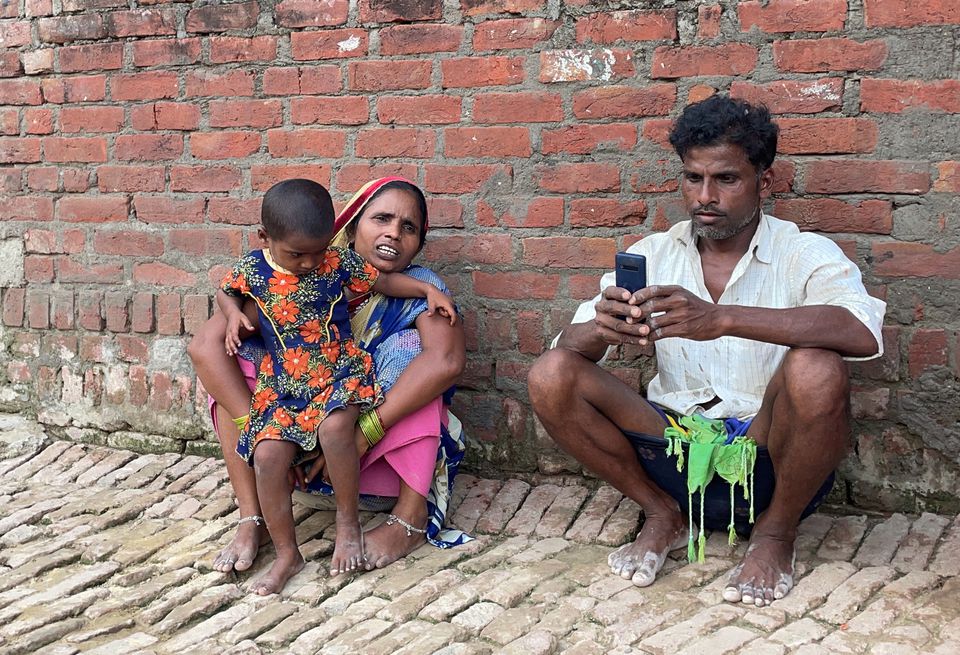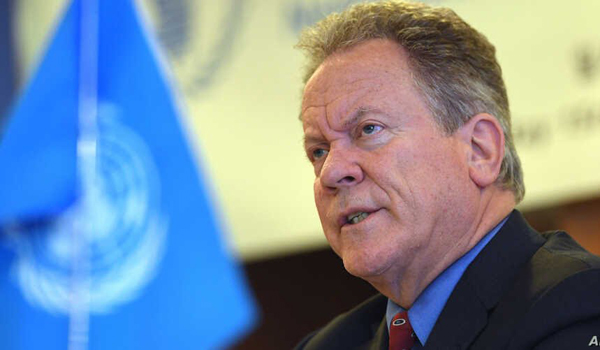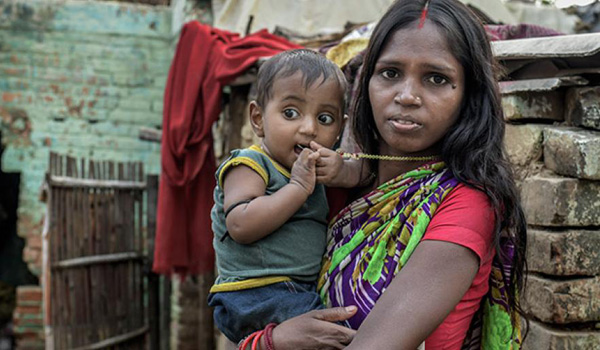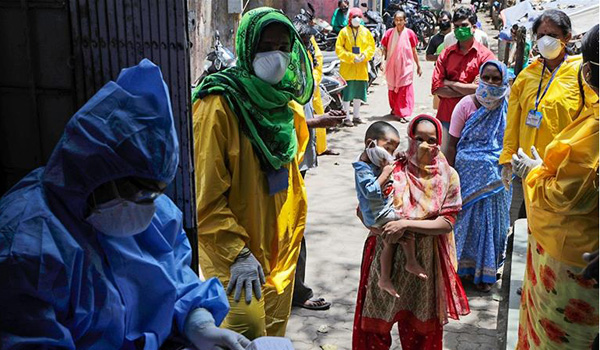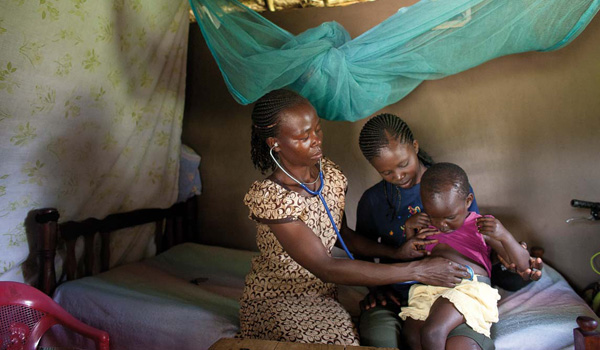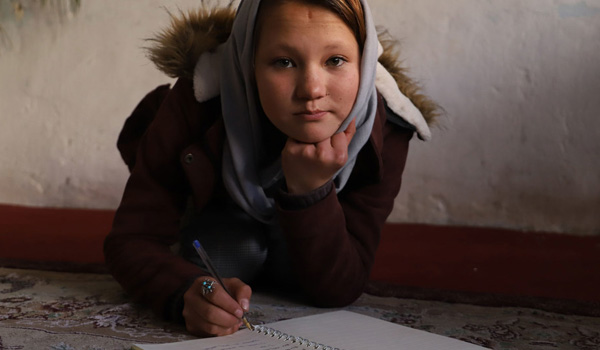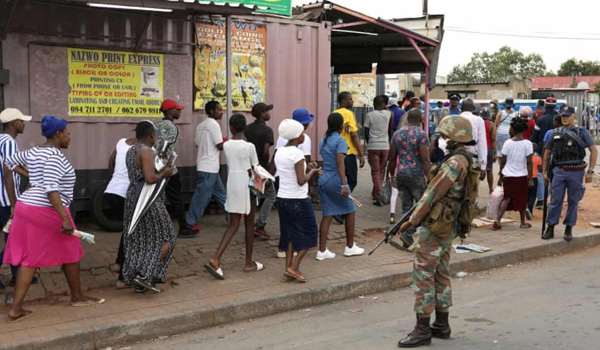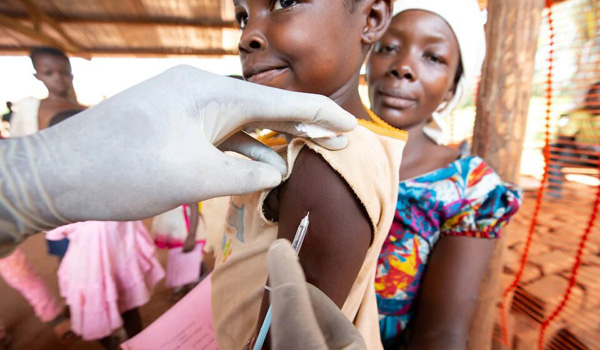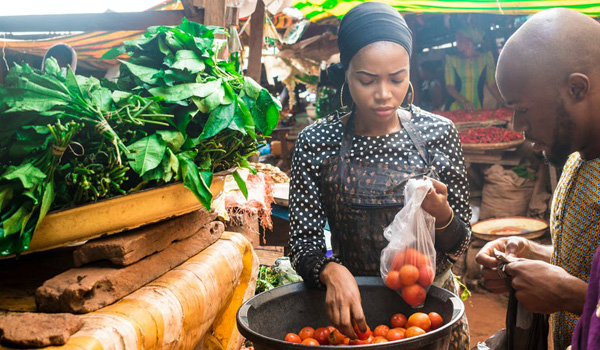In the developing world, lockdowns have set the stage for humanitarian crises which eclipse a worse-case-scenario coronavirus outbreak. The scale of these looming policy-created catastrophes is startling. In April, David Beasley, Executive Director of the UN’s World Food Programme warned of famines of “Biblical proportions” on the horizon thanks to lockdowns. In poor countries, lockdowns have caused multiple disruptions that are pulling people into deeper poverty and rolling back decades of economic progress.
Preventing people from working
In developing countries, a large part of the workforce is dependent on daily or weekly pay to survive. These individuals do not have a financial cushion. No work for a day often means a day without eating. Being prevented from working for a few weeks may mean starvation, or racking up a debt they have no way of repaying. Adequate government income support or wage subsidies is limited to wealthy countries. People in poor countries have been betrayed by their government in the most unthinkable way — they are not even allowed to earn a living to survive.
Food supply chain disruption
Poor countries have seen a major disruption in their food supply chain. This has taken many forms. Farmers cannot access the inputs they need such as seeds and fertilizer. Cowpea, for instance, is a high-protein staple in Africa. This year the continent was projected to sow 150,000 tons of cowpea seed, but only 2,800 tons are expected to be available due to lockdown restrictions. Many other popular seeds are in a similar situation. Africa’s Sahel Region was estimated to consume 250,000 tons of groundnut seeds in 2020, but recent estimates project only 5,000 are available for the year.
Many agricultural workers are not allowed to work, cannot get to work, or refuse to work due to contagion fears. We see a similar situation in the food distribution network. Ports are closed. Distribution warehouses are closed. Some countries have imposed export bans on food. Vietnam, the world’s 3rd largest exporter of rice, has banned rice exports. That could spell trouble for rice importing regions, the largest of which is sub-Saharan Africa.
Access to buying food has also been restricted, such as with the closure of popular outdoor markets. 80% of city dwellers in sub-Saharan Africa buy their food at informal public markets. The closure of schools has stopped a major source of food for children. Many children in poor countries receive nutritious meals at school — often the only food that they eat on weekdays. Their families may not be able to adequately feed them at home. According to Beasley, nearly 370 million children have lost access to school meals due to the lockdown. A temporary suspension in nutritious food can have serious consequences for a child. UNICEF states that malnutrition in childhood can result in lifelong increased susceptibility to disease, delayed development, stunted growth, impaired brain development, and blindness. These consequences don’t just decrease quality of life, they also decrease one’s ability to get an education and maintain quality employment.
The result of these lockdown measures on the food supply chain has been decreased access to food for the poor, higher food prices, and foregone income for farmers, distributors, and sellers.
Decreased exports
The economy in developing countries is often heavily dependent on exports. Lockdowns have resulted in decreased exports due to decreased production with plants closures, erection of trade barriers, and reduction in demand. In March, the UN announced that global trade had decreased 27%. The brunt of the economic harm stemming from this decrease is borne by developing countries. Many of these countries, such as Zambia and Nigeria, depend on oil export revenue to sustain their current living standard. The economy of Bangladesh is largely based on the export of manufactured goods such as apparel, and has been hit hard with the drop in international trade.
Further Reading
The articles below highlight some of the catastrophes of lockdowns in developing countries. Keep in mind when reading them, that lockdown acts are often erroneously referred to as COVID-19, coronavirus, or the pandemic.
Daily Maverick: Actuaries warn Ramaphosa of a ‘humanitarian disaster to dwarf Covid-19′ if restrictive lockdown is not lifted
If South Africa’s present economically restrictive lockdown measures are not discontinued immediately, they may cause 29 times more deaths than the measures aim to prevent. And each week of continuing lockdown will, in the long run, cause more loss of life than the virus itself.
The Telegraph: Nearly 100m babies at risk of measles and polio due to cancelled vaccination services
Routine immunisation has been hit in at least 68 countries – both rich and poor – meaning that millions of babies are at risk of diseases such as measles, polio and diphtheria, analysis by the World Health Organization, Unicef and Gavi has shown.
Reuters: Africa faces ‘hunger pandemic’ as coronavirus destroys jobs and fuels poverty
“About 80% of urban Africans get their food through informal food markets. So even if it’s coming off the farm and coming out of the factories, if you cannot buy it, it’s as good as not existing,” said James Thurlow, senior research fellow at IFPRI.

